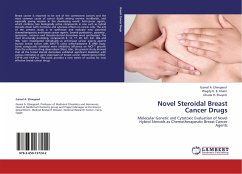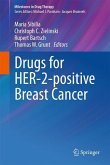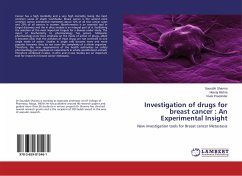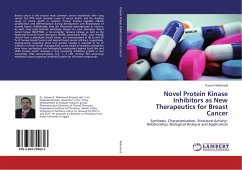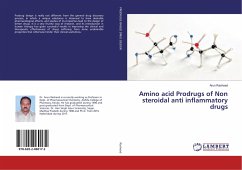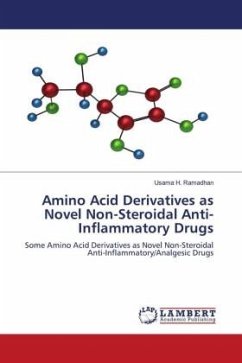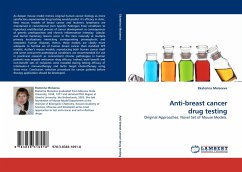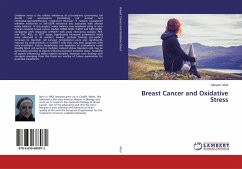Breast cancer is reported to be one of the commonest cancers and the most common cause of cancer death among women worldwide, and especially young women in the developing world. Anti-cancer agents, which combine two biologically active compounds in one such as hybrid steroids attain both hormone and cytotoxic effects on cancer cells. The aim of the present study is to synthesize and evaluate new potential chemotherapeutic anti-breast cancer agents. Several pyridazino-, pyrimido-, quinazolo-, oxirano- and thiazolo-steroid derivatives were synthesized. The most structurally promising, compounds 8, 12, 17, 20, 22c, 24c, 30a and 30b, were investigated individually as anti-breast cancer agents against human breast cancer cells (MCF-7) using sulforhodamine B (SRB) assay. Some compounds exhibited more inhibitory influence on MCF-7 growth than the reference drug doxorubicin (Dox). Also, the present study showed that all the tested steroid derivatives exhibited significant depletion with various intensities in gene expression of breast cancer related genes (VEGF, CYP19 and hAP-2 ). This book provides a new metric of success for new effective breast cancer drugs.
Bitte wählen Sie Ihr Anliegen aus.
Rechnungen
Retourenschein anfordern
Bestellstatus
Storno

